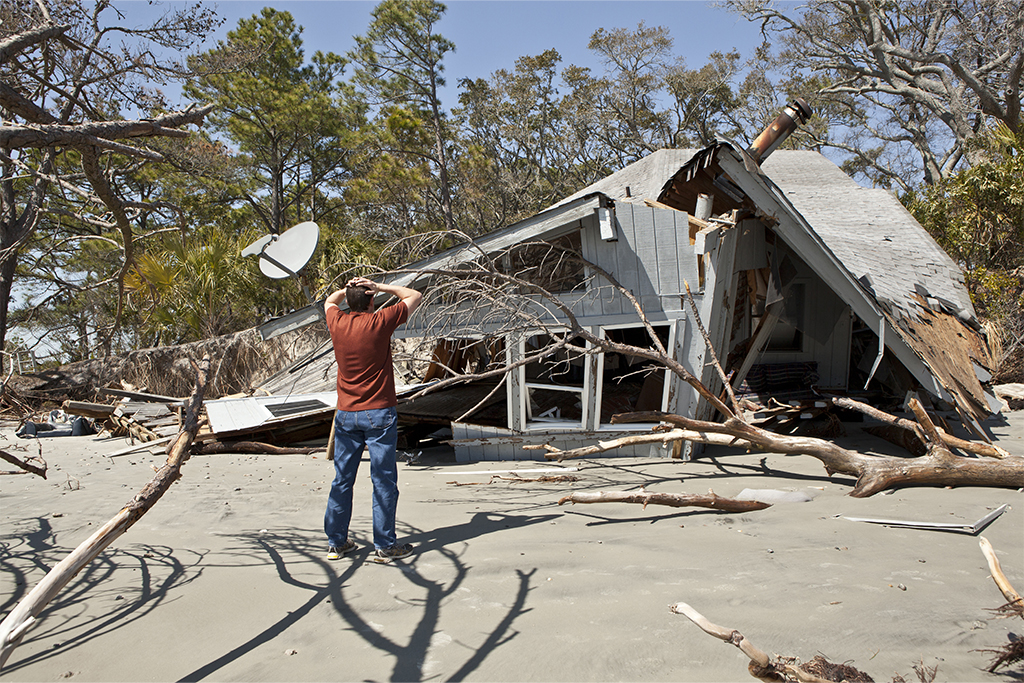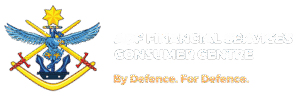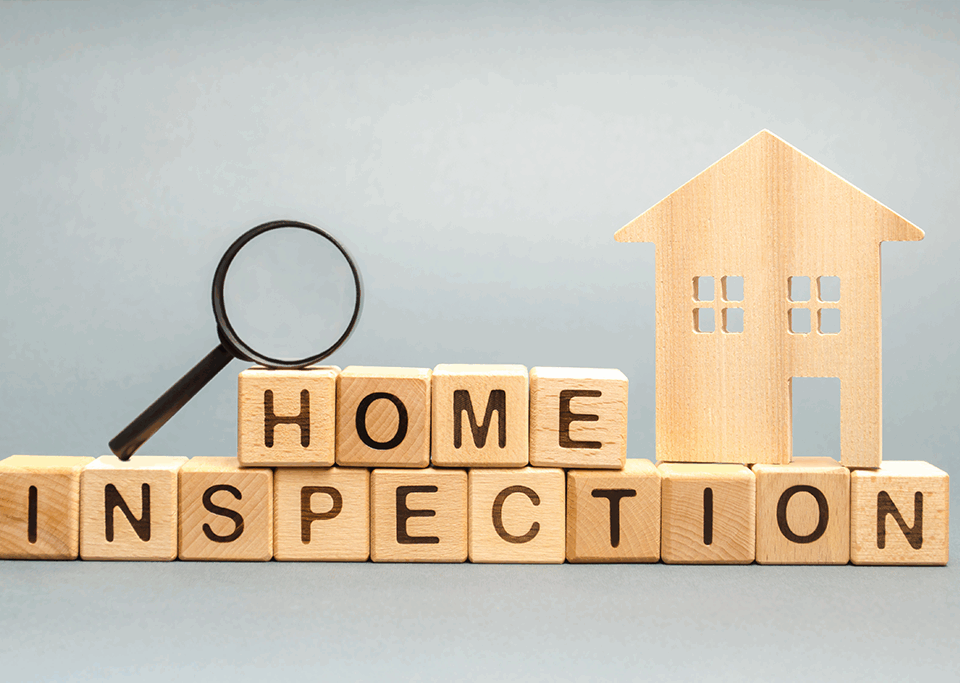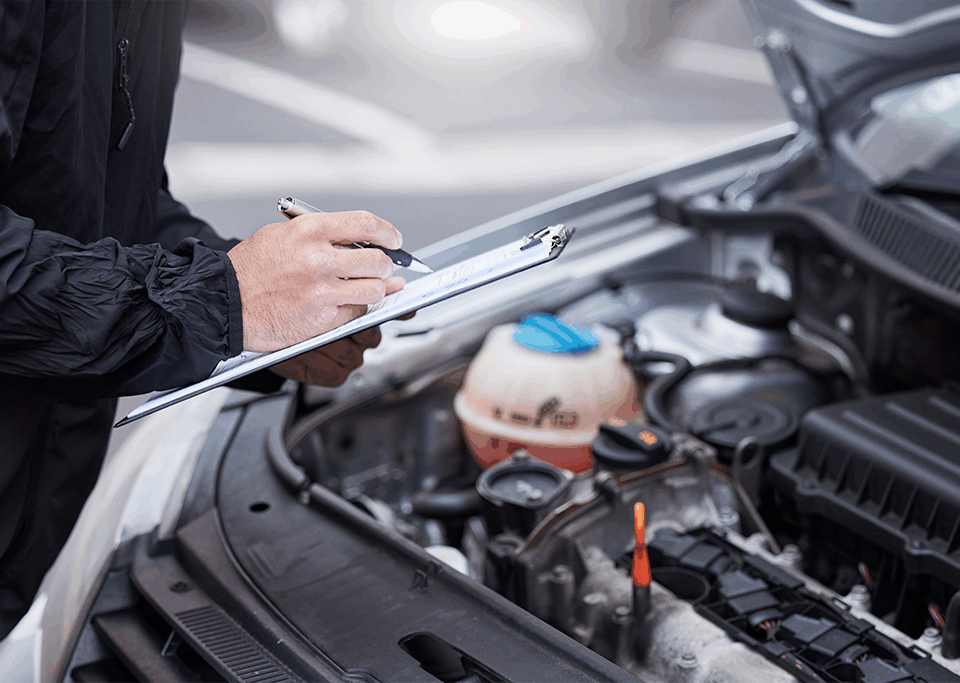
Making the most of Christmas sales
December 9, 2019
Protecting your home and contents
February 10, 2020Australia has a history of natural disasters. Storms, floods, fires and other unpredictable weather events can strike at any time. Being prepared and knowing where to go for help can lessen the impact of these events and get you back on your feet a lot faster.
Be prepared
The first step in being prepared is to have adequate insurance for all the things that are important to you. If you are moving, get your insurance sorted before you get to your new location or posting.
Keep all your financial and other important documents together in a safe place.
Financial documents could include insurance policies, bank account, superannuation and investment details, loan contracts and details of service providers. Information should include account or policy numbers and any other information necessary to identify you or your account. DO NOT record or keep passwords with these documents.
Other documents include things like your birth certificate, marriage certificate, citizenship papers, will, power of attorney, property deeds, Medicare and pension card details.
It’s a good idea to keep an electronic copy of all these important documents on a USB drive offsite, such as at work or with a close relative or friend.
Make a list of valuable or sentimental possessions that you would want to gather if you had to evacuate quickly. In an emergency situation you may not be thinking rationally about what’s most important to you, so keep the list handy and be ready to grab and go.
Help after the event
If you’ve suffered loss or damage to property as a result of a natural disaster or serious weather event you’ll need to contact your insurer to lodge a claim. If the event was significant, some insurers may send representatives into the affected community to help you with this.
Defence Member and Family Support Branch (DMFS) offers practical and emotional support in a crisis. For example, following the recent bushfires, DMFS compiled a Bushfire support information sheet with links to appropriate resources to help affected ADF members and families. You can contact the Defence Family Helpline 24/7 on 1800 624 608.
These events can affect the mental health of those impacted by the disaster, and others around them, such as partners, children and co-workers. Open Arms offer free and confidential counselling and other services for current and ex-serving veterans and families.
The road to recovery
It can take years for a community to fully recover from some natural disasters but it’s important to stay connected to your community. Volunteering to help friends and neighbours or injured wildlife, for example, can help you feel like you are doing something positive and help you come to terms with events by talking to others that have been through the same experience.
And for those of us not directly affected, we can help these communities get back on their feet by visiting affected areas and supporting the local businesses.








